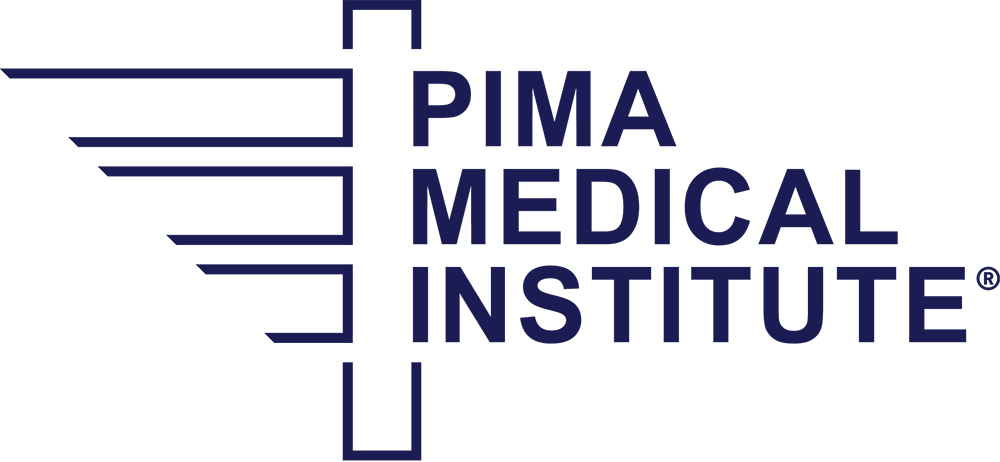If you’ve been considering a career in healthcare and being involved in the surgery process seems intriguing, you might consider becoming a surgical technologist. Surgical technologists play a very important role in all aspects of surgery, from before surgery, to during the procedure and even after surgery is over. At Pima Medical Institute, you could earn your associate degree in less than two years. That means you’ll be in the workforce fast.
Surgical technologists play an integral role in the surgical team, essentially the right-hand to the surgeon who is performing the procedure. Before the surgery, they get the operating room ready. From properly setting up the instruments to making sure all equipment is working the way it should. Surgical technologists also gather and prepare any sterile solutions or medications that the team may need.
The surgical technologist is also likely to be the person who brings the patient to the operating room. This role also might clean and disinfect incision sites. All of this generally happens before the rest of the surgical team even enters the room.
During surgery, the surgical technologist acts as an extra set of hands for the surgeon. Surgical technologists must be able to work under pressure and they play an important role in handing out sterile instruments and supplies. Depending on the operation or procedure, surgical technologists may also be responsible for holding retractors or even holding organs in place.
And, when surgery is over, the surgical technologist’s job isn’t. If needed, they will often take care of the patient’s wound with bandages and dressings. They might also take the patient to recovery and be tasked with restocking the operating room.
With an associate degree from Pima Medical Institute, graduates can open the door to positions in various settings, including hospitals, outpatient surgery centers, endoscopy clinics, plastic surgery offices, a medical device company, labor and delivery or a central sterile department.
What are you waiting for? Learn more now.




